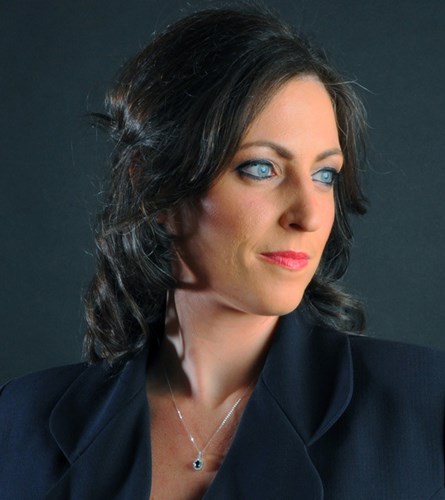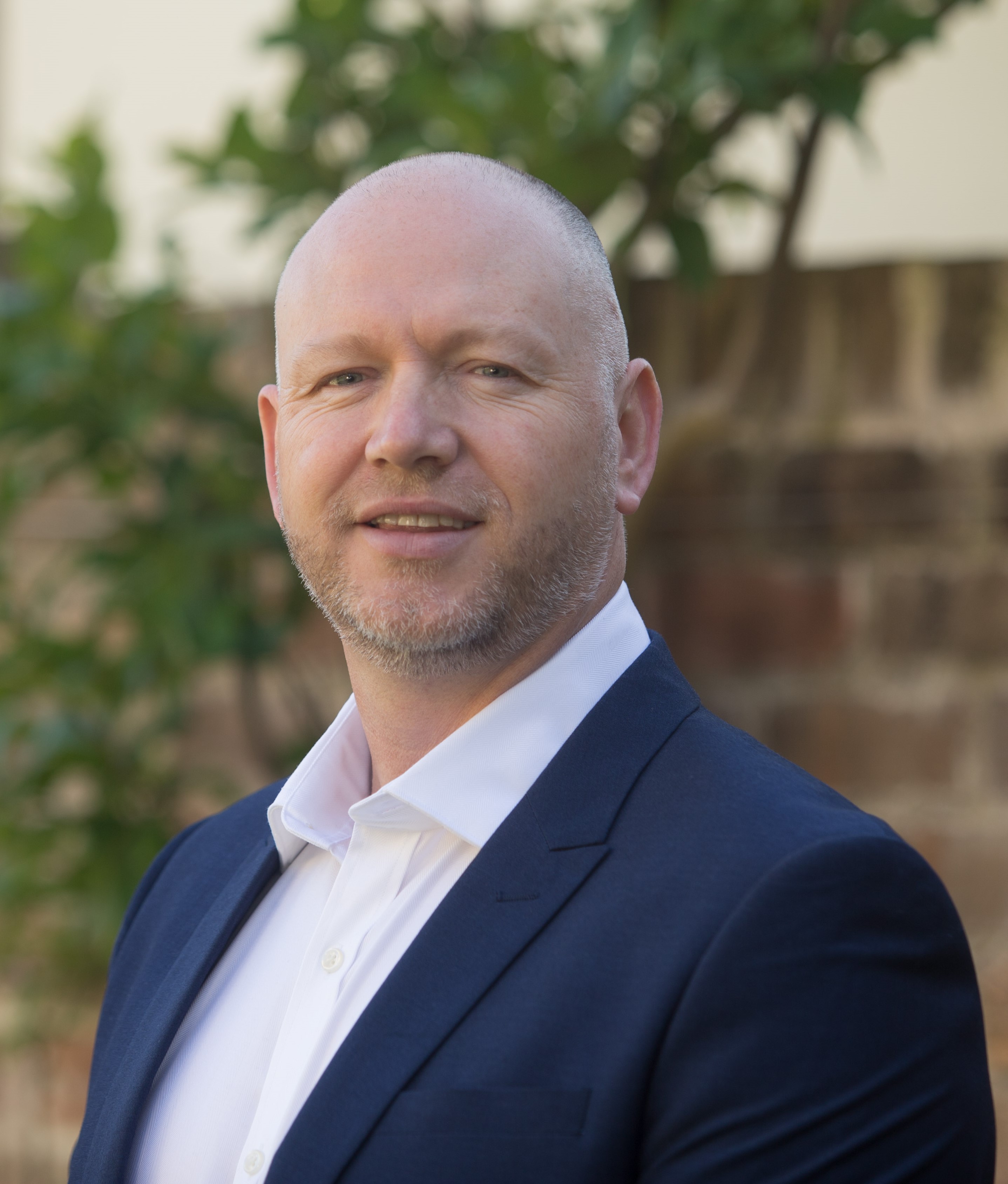Simona Fionda: Head of Operational Risk, Metro Bank
Simona Fionda
Head of Operational Risk
Metro Bank
How did you get your job?
I discovered risk early in my career. I started working in banking in operations and then moved to international marketing. When working in operations I learnt a great deal about the importance of control, and designing and following processes. I combined the risk and control awareness I gained in my first few years with curiosity, creativity and drive to design and improve processes. The opportunity to join Operational Risk came internally while I was responsible for digital marketing and also acting as Risk Champion for my area. The Operational Risk partner was changing role and asked me if I wanted to move to Operational Risk as she recognised my 'talent'.
What’s a typical day like as Head of Operational Risk?
Very varied! There are some cycles that set the rhythm for the week or the day, such as regulatory or board reporting, where I and the team spend time collecting and analysing relevant information and turn this into stories, actions and recommendations. Much of my time is spent with my team and stakeholders, educating, advising and providing the friendly review and challenge that helps the business grow safely and sustainably.
What do you enjoy most about your job?
I love my job for many reasons. One of the main reasons is the ability to touch every single area of the business. In my role I am a trusted advisor and bring the risk overlay to the business view. This gives me purpose and pride as I know I am making a positive difference and supporting the business in taking informed decisions.
What are the challenges?
There are a number of them, but I think the main one is to be able to communicate in business language rather than risk language. I believe that often risk professionals find it difficult to communicate effectively with the business due to the challenges they face in 'translating' their messages appropriately to 'speak' to their stakeholders. Depending on the sector, the changing regulatory environment also represents a challenge for risk professionals. Keeping abreast of changes, contributing to the debate and preparing to be compliant are all challenges for risk professionals, in particular in the Financial Services sector.
In what way are your IRM qualifications relevant?
When I first joined Operational Risk I asked my employer to support my studies for a professional qualification and the chosen one was the IRM International Certificate in Risk Management. For someone starting in risk management this is a very valuable qualification. It gave me the opportunity to learn about risk management from a theoretical perspective and provided me with a good view outside of the financial services sector. Studying for a qualification boosts one's confidence, as well enhances the CV.
What would you say to others thinking about joining IRM as a member?
The IRM provides some good qualifications in risk management, and members are from a number of different backgrounds and industries, thus providing a great opportunity to network and speak to like-minded professionals. The IRM helps you expand your professional network both inside and outside of your industry and allows you to join relevant Special interest Groups (SIGs) that discuss specialised topics you might be interested in.
How has your role developed and what are your career ambitions? Has being linked to the IRM helped?
My role has significantly changed over the years. Having been part of a Global Systemically Important Bank undergoing a large volume of change, I had the opportunity to work internationally and change role and responsibilities often. I was fortunate to learn about the full breath of Operational Risk Management at Barclays and be able to take this knowledge to Metro Bank to lead the Operational Risk team. I can certainly say that employers do look at professional qualifications and membership of professional bodies favourably, as this demonstrates the interest and commitment of the individual both to their development and their profession.
Top tips:
For those thinking of joining the risk management profession from a non-risk background, my advice is to gauge if they have a strong interest in, or talent for, risk management by trying to take on some risk or control responsibilities in their current role. By doing this they can understand what it entails and whether they enjoy it. This creates an opportunity to interact with the risk function and should also be seen as a first step to then organise a shadowing day or two in risk. Most importantly, do not be afraid to try! Find out about risk; it is easier to discard something once you had a go than live with the regret of not having tried it.






